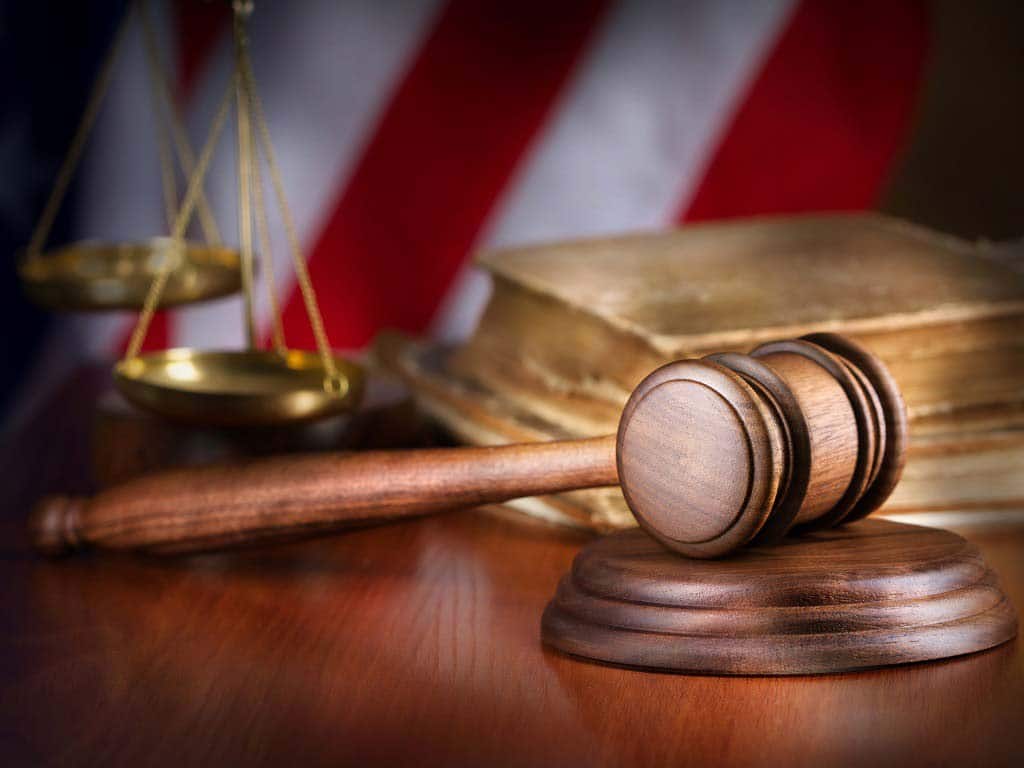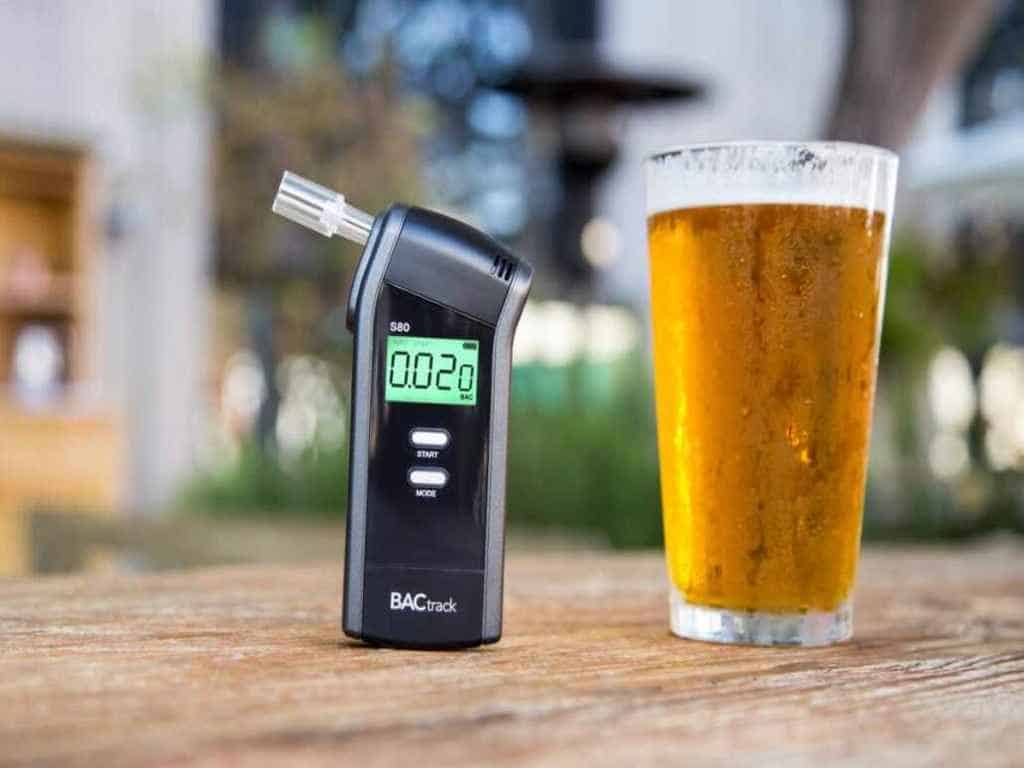
Alcohol is a psychoactive substance that affects brain functions and alters mood, awareness, and behaviour. It is also one of the most consumed beverages. However, excessive consumption leads to severe impairment in vision, hearing, speech, reasoning, and motor functions. As a result, it poses road hazards leading to accidents and serious injuries. Therefore, many people use breathalysers to measure their alcohol content before driving. Devices from Breathalysers Australia help individuals from going over the legal limit. Moreover, the sale and consumption of alcohol in Australia are strictly regulated. The laws aim to reduce the negative impacts of alcohol use on individuals, families, the workplace, and the public. It includes drink driving, where you can drink, and the legal drinking age in Australia.
Legal Drinking Age In Australia: Alcohol and the Laws
Alcohol consumption is common in many social gatherings and events. Alcoholic beverages are affordable and easily accessible nationwide. However, certain laws govern the use, purchase, or sale of alcohol and its harmful effects. The main thing to consider about alcohol laws is the legal drinking age in Australia. Despite its accessibility, there are some restrictions on alcohol use. The details below talk about the coverage and limitations of alcohol in Australia:
- Legal drinking age: minimum age is 18 years old across all States and Territories in a licensed venue. Purchasing of alcohol also applies to 18 years old and above.
- Secondary supply law: selling or supplying alcohol to minors differs between States and Territories.
- Drink driving: the alcohol limit for most people is 0.05% BAC or Blood Alcohol Content (BAC). In addition, driver’s under learner’s permit, alcohol interlock program, or probationary license must have zero alcohol level.
The Truth About Underage Drinking
Why is the legal drinking age in Australia set at 18 years old? Alcohol consumption is discouraged among young people. Excessive intake is never safe for anyone as it poses long-term health risks. In particular, it is normal for adolescents to be curious and experiment, including alcohol drinking. However, it is especially risky for teenagers or minors to consume alcohol. This is because, during puberty, the body and brain are still developing. Therefore, drinking alcohol at an early age may stunt brain development, change hormones and disrupt growth and puberty. It can also affect concentration or school performance. Moreover, alcohol use over time may lead to chronic problems such as high blood pressure, heart conditions, stroke, and liver diseases.
If you are below the legal drinking age in Australia, you cannot consume alcohol in public venues like bars, clubs, or restaurants. If police officers suspect a minor possesses or consumes alcohol in a public place, they can confiscate the beverage, and the minor may be fined. Likewise, selling alcohol to minors is also not allowed. Licensed establishments can ask for identification to verify the customer is of legal age. Moreover, selling or supplying alcohol to minors constitutes infringement or a maximum fine of up to $10,000.

Legal Drinking Age In Australia: Secondary Supply Law
The legal drinking age in Australia is consistent nationwide. However, supplying alcohol to minors differs between States and Territories. The secondary supply law covers the conditions of giving an alcoholic beverage to a person under 18 years old. It is legal to supply alcohol in some states if you have approval from the parent or guardian. Meanwhile, in other places, it is only permitted if you are the parent or guardian. Therefore, parents and adults need to be aware of these laws, especially when hosting a party with minors at home. Furthermore, if you are under-18, you may be allowed to consume alcohol under the following conditions:
- Supervised by a parent, guardian, or responsible adult
- Consuming liquor with food
- The person supplying alcohol is not intoxicated
- You are a resident of the licensed place
- You are completing an approved training program in hospitality
- The amount of alcohol supplied over time
Alcohol and Drink Driving
Alcohol impairment is one of the top causes of road accidents. Any alcohol content is known to impair the perception and motor functions which negatively affects driving. In Australia, you can acquire a learner’s permit at 16. If you are below the legal drinking age in Australia and holding a learner’s permit or probationary license, you must maintain a zero BAC. You may be subject to fines and disqualification if you have a positive BAC in a police roadside screening. On the other hand, the general alcohol limit for most adults is 0.05% BAC. At this level, it causes blurred vision, impaired judgment, slow reaction time, and loss of motor coordination. Many road accidents involve a driver having a high alcohol concentration. For this reason, drink driving has severe penalties, including fines, prison terms, and license suspension. Repeat offenders are also subject to an alcohol interlock program.
Getting a drink driving charge can be messy and complicated. The best preventive measure to avoid accidents or legal problems is to abstain from alcohol, especially if you are under the legal drinking age in Australia. Alternatively, many people test their BAC level through a breathalyser device. A breathalyser is a portable unit that measures the amount of alcohol in the blood. By providing an adequate breath sample, you will know your exact BAC or intoxication level in seconds. The breathalyser uses are proven beneficial in keeping individuals below the legal limit and avoiding accidents.

Legal Drinking Age In Australia: Where to Get a Breathalyser?
The availability of personal breathalysers has helped reduced drink driving accidents. It is a useful tool to keep consumption in moderation and prevent adverse health risks. Additionally, health professionals recommend testing with a breathalyser every hour to monitor the changes to the BAC level during consumption. Fortunately, anyone can avail of a breathalyser device for personal, home, or professional use. Licensed premises like bars or pubs may offer a breathalyser test to their customers. Likewise, authorities use a breathalyser to check the BAC for people under the legal drinking age in Australia if they are in a public place. Lastly, parents may check if their child has been consuming alcohol through a breathalyser.
A reliable device is crucial to measure the BAC accurately. For people who rely on precise results for safety, a fuel cell breathalyser is suitable. Breathalysers Australia offers cost-effective devices to provide highly accurate breath tests. The BACtrack fuel cell breathalysers are police-grade to estimate the BAC level accurately. In particular, the Pro series of BACtrack, including the S80 Pro, Mobile Pro, Scout, and Trace Pro, have FDA approval and DOT compliance. It certifies that they meet the federal requirements of effective breath screening devices. In conclusion, households with persons under the legal drinking age in Australia can benefit from using a breathalyser. It helps prevent overconsumption, drink driving, and all the safety risks associated with alcohol use.






























